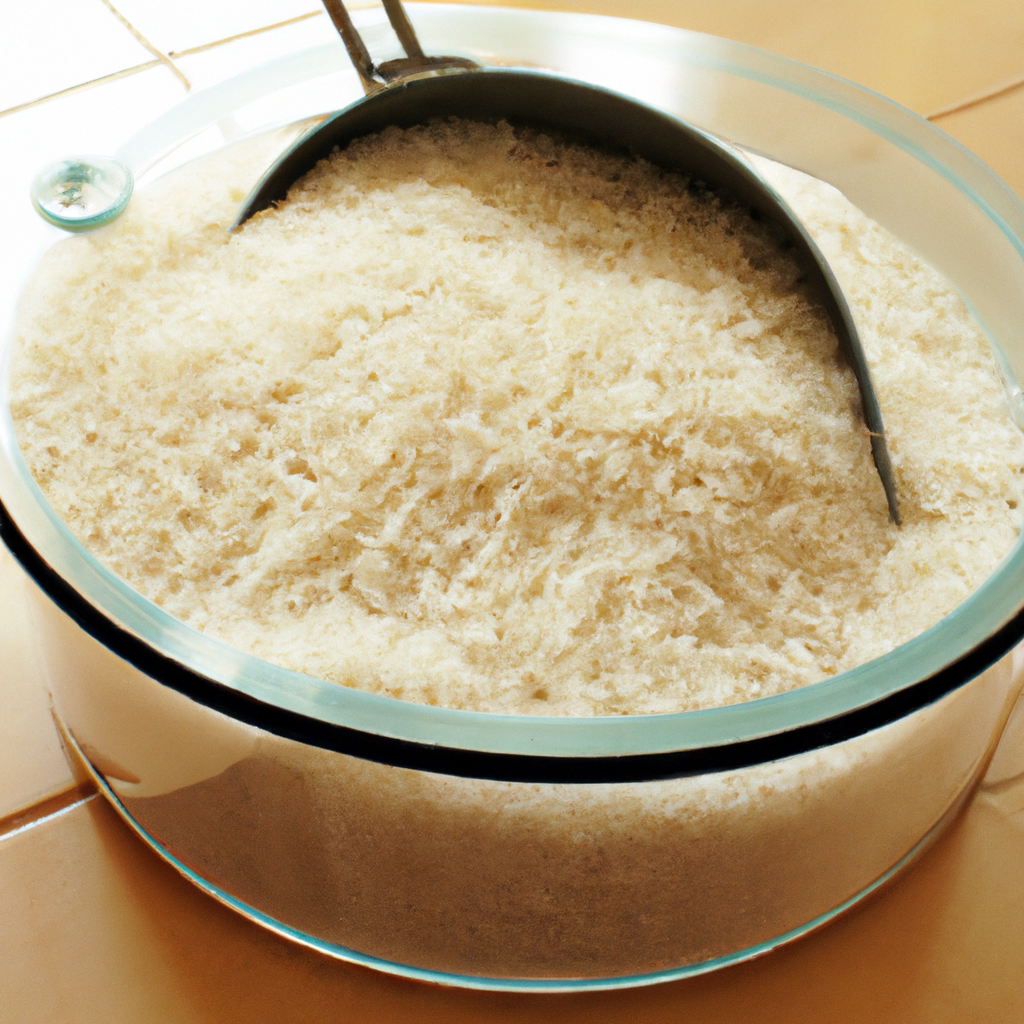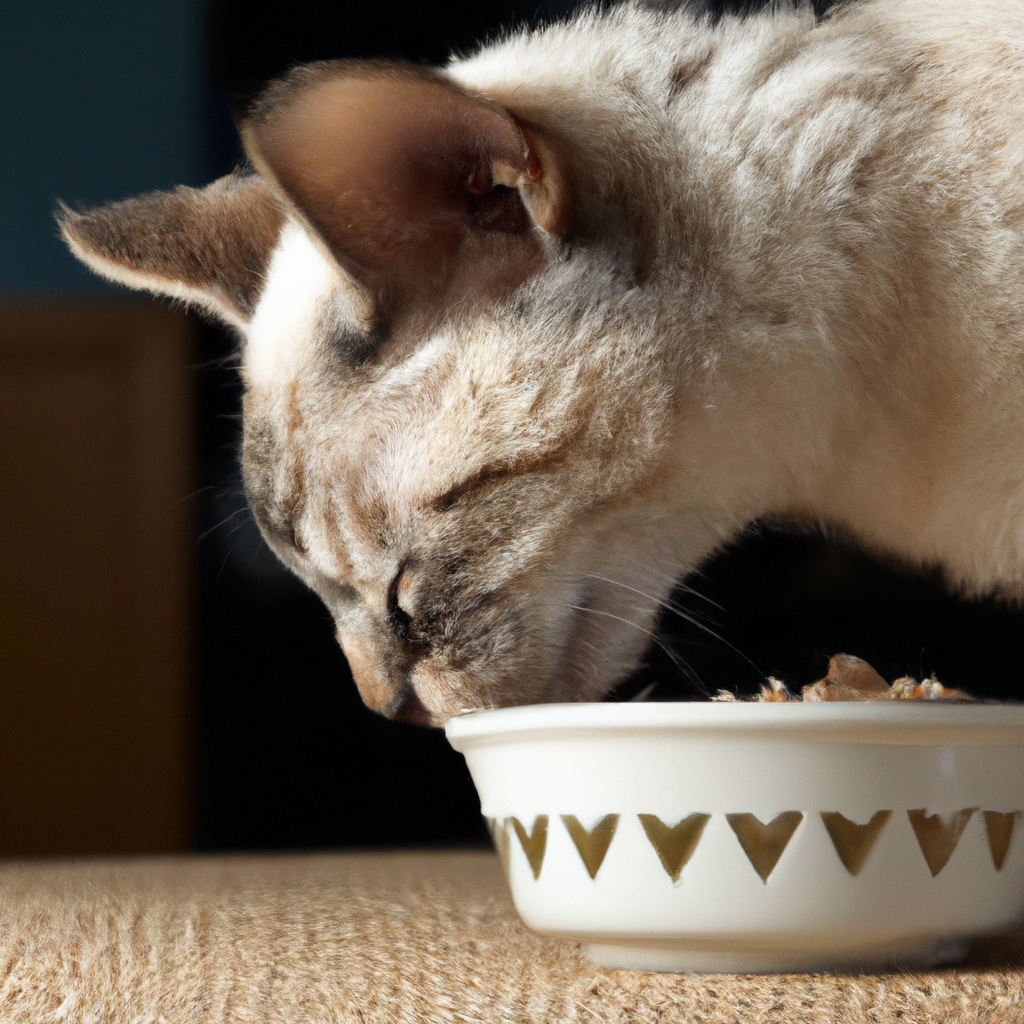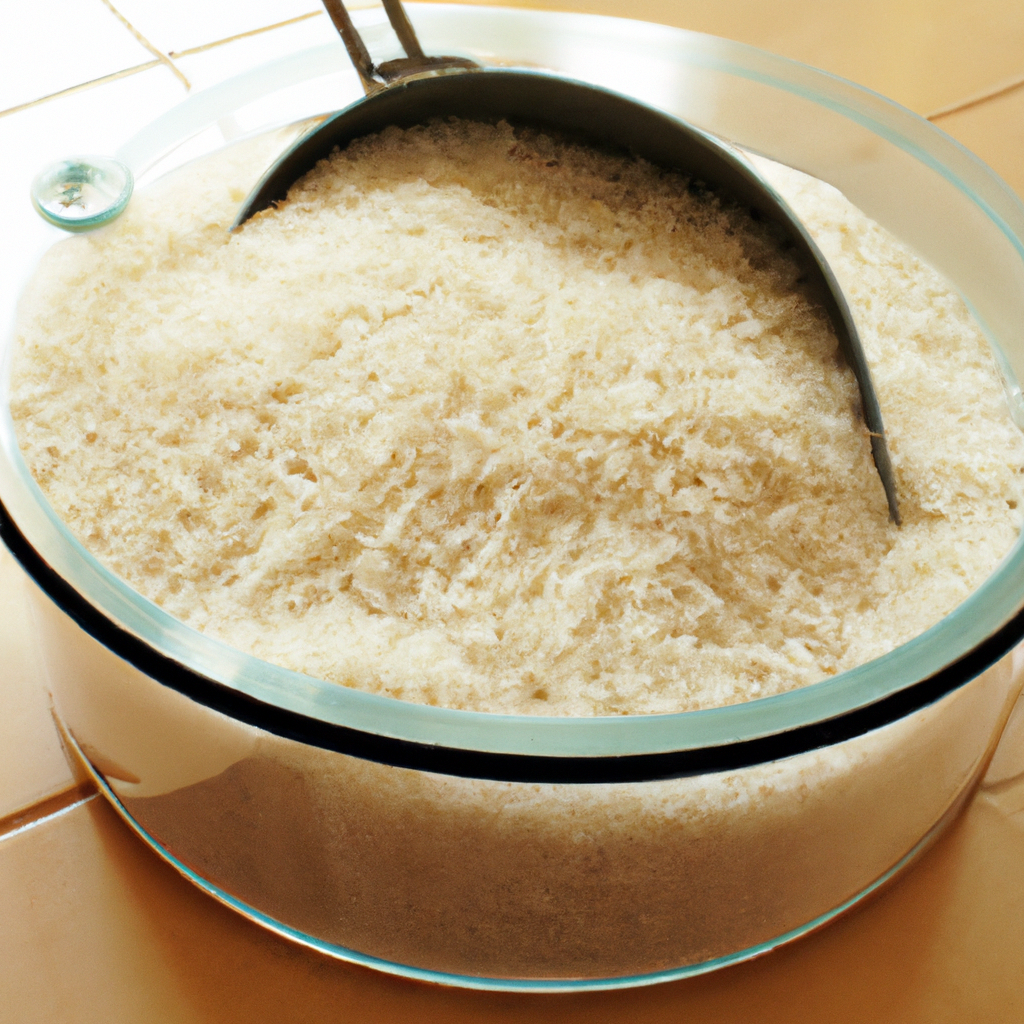If you’ve ever wondered whether it’s safe for your feline friend to devour a bowl of rice, you’re not alone. Cats can be picky eaters, and their owners often find themselves questioning the nutritional value of certain foods. Rice, a staple in many households, may seem like a harmless option, but it’s important to know if it’s a viable choice for your furry companion. In this article, we’ll explore whether cats can eat rice and what considerations should be taken into account when incorporating this grain into their diet.
Can Cats Eat Rice?
If you’re a cat owner, you may have wondered whether it is safe to feed your feline friend rice. Rice is a staple food for many people around the world, and it’s only natural to want to share this versatile grain with your pet. In this article, we will explore the topic of whether cats can eat rice and provide you with all the information you need to make an informed decision for your furry companion.


Nutritional Needs of Cats
Before we dive into the specifics of whether cats can eat rice, it’s essential to understand the nutritional needs of our feline friends. Cats are obligate carnivores, which means they require a diet that is rich in animal-based proteins. Unlike humans or dogs, cats have specific dietary requirements that are necessary for their overall health and well-being.
Proteins and certain amino acids, such as taurine, are crucial for cats as they cannot produce them in sufficient quantities on their own. Additionally, cats require essential fatty acids, vitamins, and minerals to maintain optimal health. While carbohydrates are not a dietary necessity for cats, they can be a source of energy for them in small amounts.
Digestive System of Cats
To understand whether cats can digest rice, it’s important to take a closer look at their digestive system. Cats have a shorter digestive tract compared to humans, which is typical of carnivorous animals. Their digestive system is designed to process and absorb nutrients from animal-based protein efficiently.
While cats possess the enzymes necessary to break down and digest carbohydrates, their ability to handle complex carbohydrates like rice is somewhat limited. Cats lack significant amounts of an enzyme called amylase, which is responsible for breaking down starches into simple sugars. This enzyme deficiency poses a challenge when it comes to digesting rice and other carbohydrate-rich foods.
Can Cats Digest Rice?
While cats can technically digest rice, it is important to remember that they are obligate carnivores with limited carbohydrate metabolism. Cats lack the specific enzymes needed to effectively break down and utilize complex carbohydrates like rice. As a result, their bodies may struggle to extract the maximum nutritional value from rice.
Feeding cats large amounts of rice can potentially lead to digestive upset and nutrient imbalances. Rice may also contribute to weight gain in cats due to its high carbohydrate content. Therefore, it’s generally best to provide cats with a diet that is primarily focused on high-quality animal proteins.


Health Benefits of Rice for Cats
Although rice may not be a necessary component of your cat’s diet, it does offer some potential health benefits when consumed in moderation. Rice is a good source of energy and can provide cats with a quick burst of carbohydrates when needed. This can be especially beneficial for active cats or kittens who require additional energy.
In some cases, veterinarians might recommend a bland diet that includes rice for cats with certain digestive issues such as mild stomach upset or diarrhea. Rice can be easily digested and may help soothe the digestive system temporarily. However, it’s essential to consult with your veterinarian before introducing rice or any other changes to your cat’s diet.
Potential Risks of Feeding Rice to Cats
While rice may have some benefits for cats in specific situations, there are also potential risks associated with feeding this grain to them. As mentioned earlier, cats have a limited ability to digest and utilize carbohydrates efficiently. Feeding them a diet that is high in carbohydrates, including rice, can lead to weight gain and other health issues.
Additionally, rice lacks many essential nutrients that are necessary for cats’ overall health. By including too much rice in their diets, cats may miss out on crucial vitamins, minerals, and amino acids that they need to thrive. It’s important to ensure that your cat’s diet includes a balanced and appropriate amount of animal-based proteins to meet their nutritional requirements.
Types of Rice Suitable for Cats
If you do decide to include rice in your cat’s diet, it’s important to choose the right type of rice. Not all rice varieties are created equal, and some may be more beneficial for cats than others. Generally, plain, cooked white rice is the best option for cats.
Brown rice may contain slightly more nutrients and fiber, but it also contains more complex carbohydrates that may be harder for cats to digest. Avoid flavored rice or rice dishes that contain added spices, salt, or other ingredients that could be harmful to cats.
Preparing Rice for Cats
When preparing rice for cats, it’s crucial to cook it properly and avoid using any additives that could be harmful to their health. Start by thoroughly rinsing the rice to remove any excess starch. Then, cook the rice without adding salt or any seasonings.
Ensure that the rice is fully cooked and soft before serving it to your cat. Undercooked rice can be difficult for cats to chew and digest. Allow the rice to cool before offering it to your furry friend to avoid any potential burns or injuries from hot rice.
How Much Rice Can Cats Eat?
If you choose to feed your cat rice, it’s important to do so in moderation. Rice should never constitute the majority of your cat’s diet. Instead, it should be offered as an occasional treat or used as part of a balanced and appropriate meal plan.
Consulting with a veterinarian is crucial to determine the appropriate amount of rice to feed your cat based on their individual needs and health status. They can provide personalized advice and guidance to ensure that your cat’s nutritional needs are being met.
Alternatives to Rice for Cats
If you are looking for alternative carbohydrate sources or treats for your cat, there are several options available. Pumpkin, sweet potato, and butternut squash are all safe and nutritious choices that may be easier for cats to digest compared to rice. These vegetables can be cooked, mashed, and offered in small amounts as a healthy addition to your cat’s diet.
Consulting with a Veterinarian
Before making any significant changes to your cat’s diet or introducing new foods like rice, it is always best to consult with a veterinarian. They can assess your cat’s individual nutritional needs and provide guidance on the best diet for their overall health and well-being.
A veterinarian can also help identify any underlying health conditions or sensitivities your cat may have that could be affected by the introduction of rice into their diet. By working together with your veterinarian, you can ensure that your cat receives the best possible nutrition and care.

